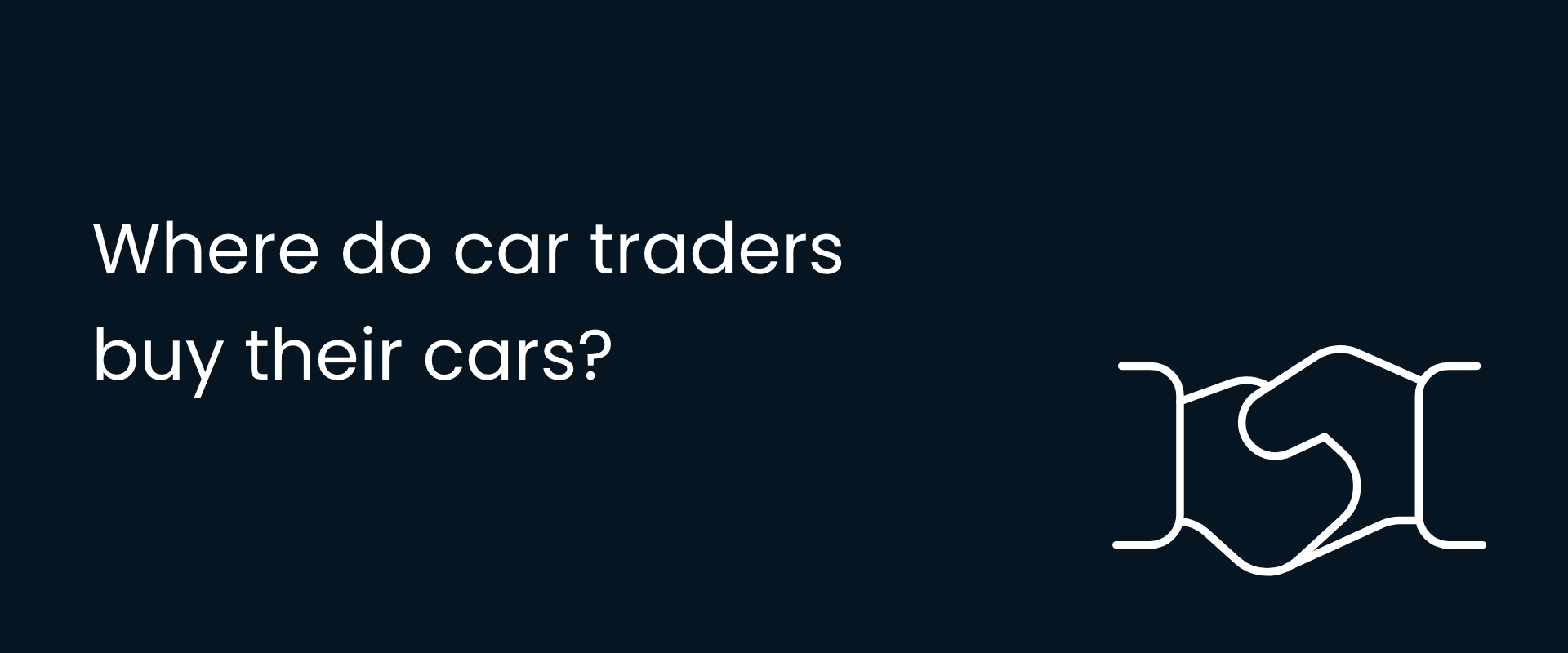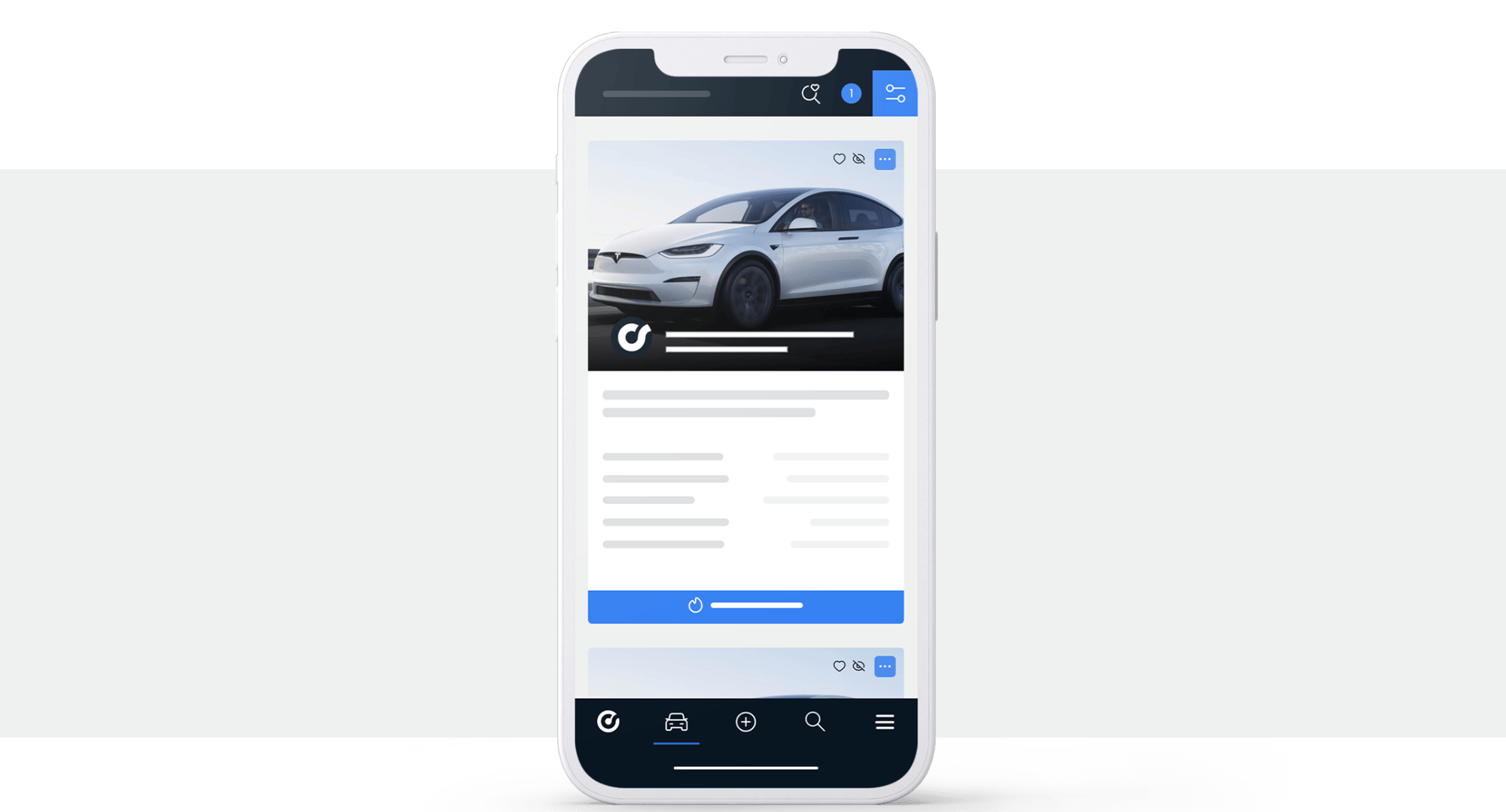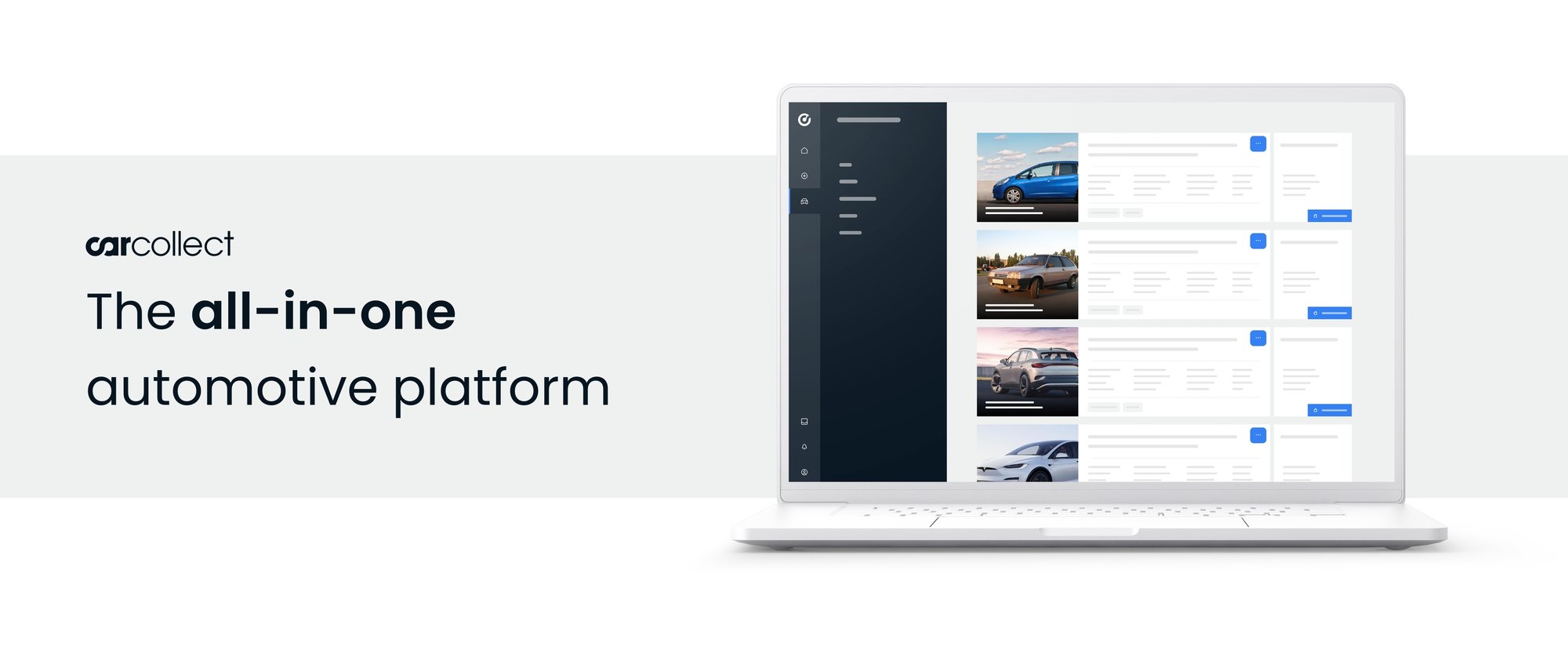Where do car traders buy their cars?
The path for selling new cars is an established process. The brand dealer buys the cars from the manufacturer through the brand's importer. However, the process of dealers buying their cars is a little bit more complicated. As we all know, dealers buy their cars anywhere except from the importer. So, where do they actually buy their cars? An example that they buy them from other dealers but the buying funnel doesn't stop there. Step in the car and join our tour in which we'll take you through the different ways of buying cars as a trader.

Where do car traders buy their cars?
Where do car dealers buy their cars?
Car traders buy their cars from the following channels: (brand) dealers, leasing companies, car companies (trade relations), imports from abroad, own trade-in vehicles, and (online) auctions.
Nowadays, car traders plays a big role in selling a used car. This might sound odd because when you think of a used car, a branded dealer does not immediately come to mind. These dealers are often associated with only supplying factory new vehicles. However, they have one of the most important roles as a sales channel when it comes to where traders buy their cars. This is because when a new car is sold at a dealership, consumers often trade in their old car. These trade-in cars can be sold through the dealer itself. When the trade-in car is not of interest to the dealer because, for example, the vehicle is too old, has high mileage, or is of a different brand than the dealer itself sells, it is sold to another car trader in most cases.
Leasing companies
So where else do car trader buy their cars? Besides dealers, car traders have several channels where used cars can be bought such as leasing companies. Leasing companies have a fleet where cars are returned after the lease period ends. A car trader may choose to go into this fleet to purchase a car for resale. These cars are often young and light used which makes them attractive for the used market. Due to the young age of the cars, they are often sold under the 'remarketing' group.

Trade relations
In the trader's network, own trading relationships can also be found. Car traders, therefore, sell vehicles to each other. In addition, a trader can buy used cars abroad and import them to The Netherlands. This often happens with certain makes and models where the supply in neighbouring countries is larger and cheaper. When a consumer buys a car from a car trader, the trader may choose to trade in the old car. Through this route, the car trader also obtains vehicles as well.
Auctions
Finally, a trader uses traditional vehicle auction houses to obtain cars. In recent years, those auction houses have started moving more to the online world rather than that they take place physically. Going to an auction house and bidding on vehicles with other traders is increasingly more done online now. Let's look deeper into each channel to figure out the positive and, let's say, less positive sides.
What are the pros and cons of each channel?
As explained before, car traders buy their cars through different channels. There are advantages and disadvantages for each of them. We list the main highlights for each channel:
Brand dealers
- ✅ Generally, brand dealers' trade-in vehicles are relatively young cars. In addition, the cars are often richly equipped with accessories, completed service booklets and have low mileage.
- ❌ Own-brand vehicles are more likely to be sold internally to brand dealers in the dealers' network. This sometimes prevents car dealers from seeing the entire range.
Leasing companies
- ✅ Leasing companies have a large fleet from which they can sell vehicles. The cars in this fleet are often young models and have a fast turnaround time on average. Therefore, the supply rotates quickly.
- ❌ Due to the fast turnaround time, a car trader may miss out on a high wanted car. Moreover, leasing companies often have their conditions regarding warranty claims. These vary from on organization to another. For example, an excess when buying a car is that if it breaks down within one week, the leasing company is not liable.
Car companies (trade relations)
- ✅ Car companies have a fixed network of relationships where you, as a trader, can quickly and easily get your car sold and vice versa. You, therefore, have very up to date knowledge of cars offered by your relationship.
- ❌ Price is often determined by the relationships. Due to the monopoly position of the relationships, the price could be fixed at a lower of higher level. In short, sometimes there is a lack of price transparency.
Importing from abroad
- ✅ Prices for more richly equipped cars/exclusive second-hand models are, on average, lower compared to The Netherlands. This may make it financially advantageous to import a particular model.
- ❌ Several fees have to be paid when importing a car. When importing cars from outside the EU (UK), import duties will be charged. On top of that, bpm, transport, and insurance costs may be charged.
Own trade-in vehicles (company stock)
- ✅ A traded-in car can be bought cheaper through the private individual who trades it into the dealer. As a result, the bargaining position is more favorable because the private individual is happy to trade it in for another car at the car trader.
- ❌ When no new owner has yet been found for the traded-in car, it must be added to the company stock. The longer a vehicle sits in company stock without a new owner, the more this vehicle costs a company.
Individuals
- ✅ Private individuals like to sell their cars fast. This allows a deal to be done quickly.
- ❌ Individuals usually set the price of the car according to the level of the consumer-level price in the market. As a result, prices are generally higher when buying from private individuals.
(Online) auctions
- ✅ When a car is auctioned, the worth of a car reveals. The price becomes transparent because the entire market is able to place a bid for the vehicle. Bids are then made according to what the market is willing to pay for the car.
- ❌ Because the whole purchasing process takes place online, a physical check of the car is sometimes impossible. Due to this fact, a chance exists that the selling pary may have withheld certain defects that show up after receiving the vehicle.

CarCollect: the all-in-one automotive platform for car traders
The last-mentioned channel (online car auctions) is the driving force behind the operation of our automotive platform: CarCollect. We aim to build and develop an all-in-one automotive platform with the largest possible trading community. By bringing current supply and demand together on one platform, you as a trader get the highest possible value for the vehicle you want to sell. Our ambition is to change and digitalize the automotive industry forever.
By growing our community, buying and selling cars has been made easier, more enjoyable, and efficient. The diversity of users on the platform is one of the key success factors for quick and easy trading via CarCollect. Leasing companies, universal dealers, traders and official dealers increasingly offer their vehicles for sale on our platform. In addition, 10.000+ buying parties are active on the platform. Due to this face you'll receive more bids on vehicles and the most transparent price for your vehicle.
As a buyer on the platform, you can participate in auctions and bid on an average supply of 10.000+ vehicles. Due to the size of the community, this supply of vehicles rotates daily. The supply can be divided into three types of vehicles: general supply, Buy-Now and remarketing. General offers are vehicles from sellers on the platform. Buy-Now is mainly vehicles from company stock that have a quick turnaround time. The remarketing vehicles are mainly ex-lease and damaged cars.

